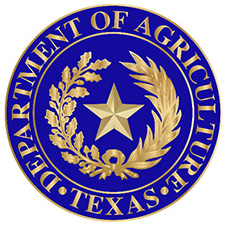Biotech backer Perdue blasts fear-your-food ‘hysteria’
The “fear-your-food” movement, fed in large part by the ceaseless churning of the internet, could sideline, deter, or even derail the use of such crucial agricultural tools as pesticides and genetically engineered crops and livestock, warned Agriculture Secretary Sonny Perdue on Thursday.
One counselor’s lonely struggle against farm country’s mental health crisis
In Minnesota, one of the country’s top farming states, just one man is responsible for dealing with farmers’ mental health needs. As low crop prices and farm closures weigh heavily on farming families, he is joining state legislators and advocates to push for allocating more resources to the pressing issue.
Arkansas approves expanded dicamba use, dismissing scientific and public concerns
Arkansas regulators voted on Wednesday to relax restrictions on the controversial weedkiller dicamba, despite testimony from top scientists and scores of concerned citizens who urged them to reject the move in a public hearing.
U.S. ag trade surplus narrows
The U.S. agricultural trade surplus will shrink to $13.5 billion this fiscal year, the smallest in at least six years, as exports stagnate at $141.5 billion and imports tick upward to $128 billion, said the USDA in a quarterly forecast.
TODAY’S QUICK HITS
The dairy crisis, in real time (Journal Sentinel): For Wisconsin’s remaining dairy farmers, voided milk checks, farm auctions, and fear loom as milk prices, for the fourth year in a row, are lower than the cost of production.
USDA sees larger soy plantings than expected (Ag Insider): U.S. farmers will plant 85 million acres of soybeans this year, said USDA chief economist Rob Johansson, up from a November projection of 82.5 million acres. If correct, the plantings could lead to the fourth-largest soybean crop ever.
Stop neonicotinoids, save honeybees (Street Roots): For the fourth time, Oregon Rep. Earl Blumenauer will file a bill that would suspend the use of neonicotinoid insecticides until the EPA can show that the chemicals do not harm pollinators.
Cell-based meat not ready for primetime (Nature): Even as investors shower money on start-ups focusing on cell-based meat, critics say the industry lacks the expertise to produce the lab-grown product at commercial volumes.
Boom in guestworkers (Washington Post): The U.S. government issued a record 242,000 H-2A visas for short-term agricultural workers this year to address a shortage of farm labor.











